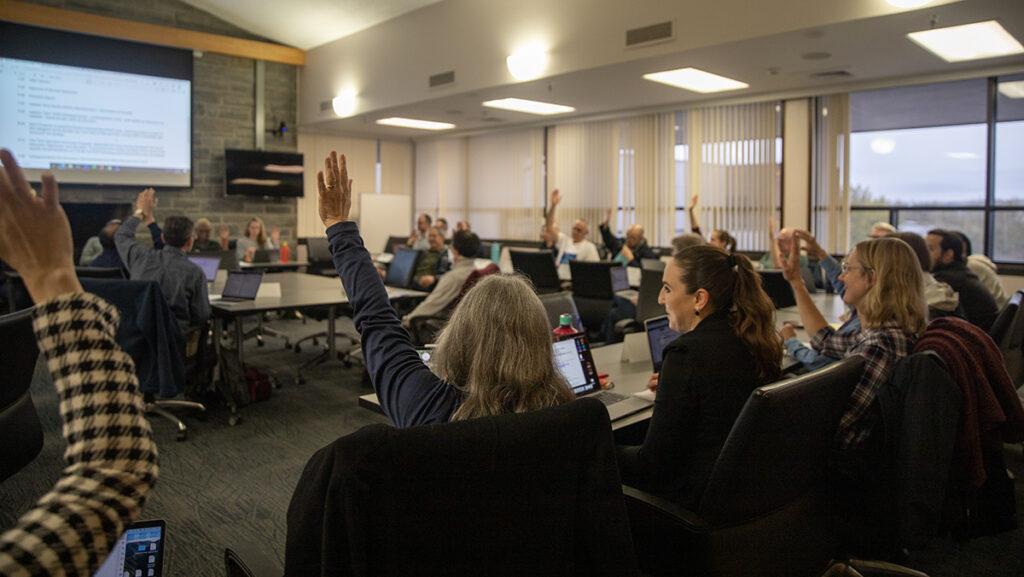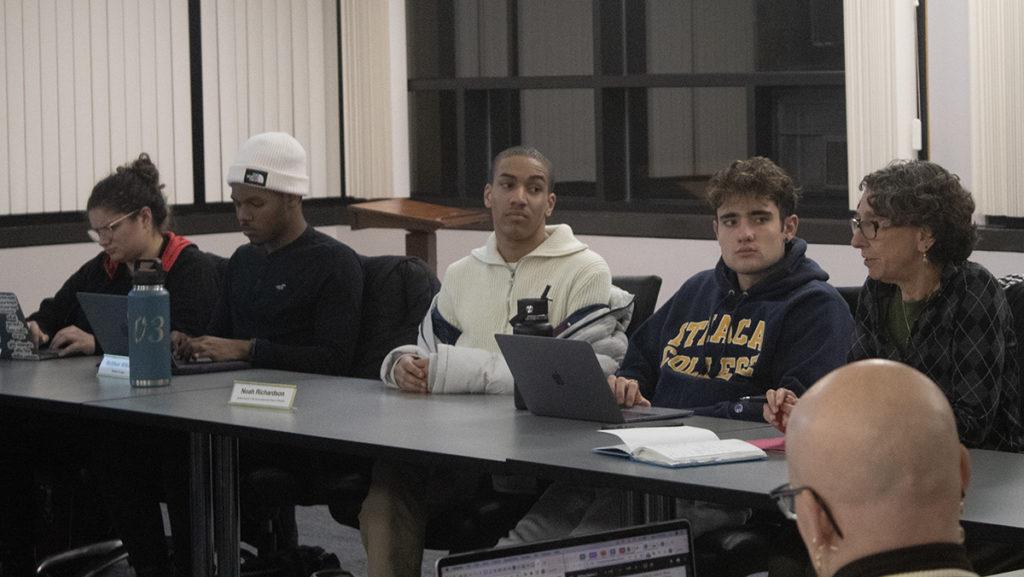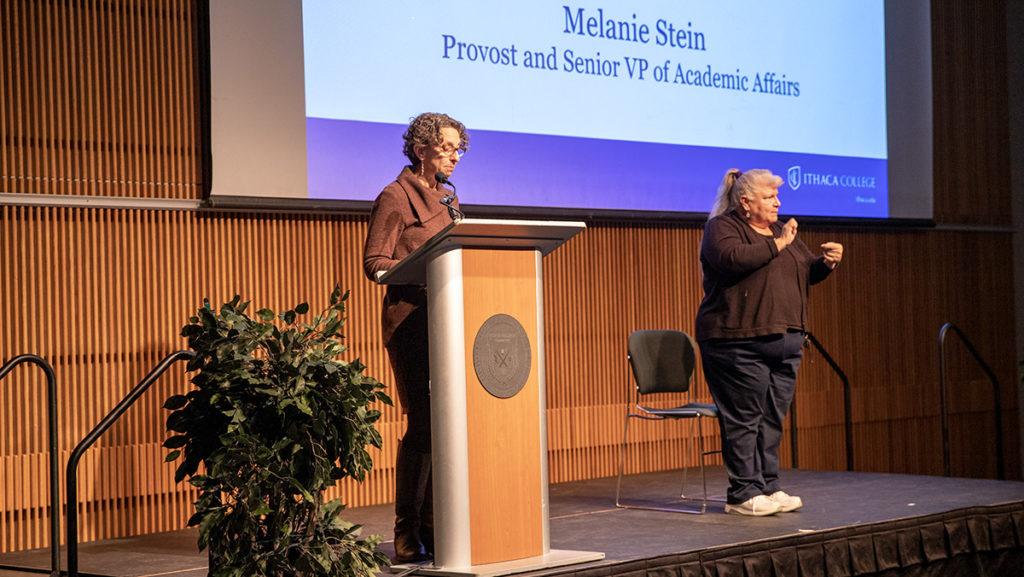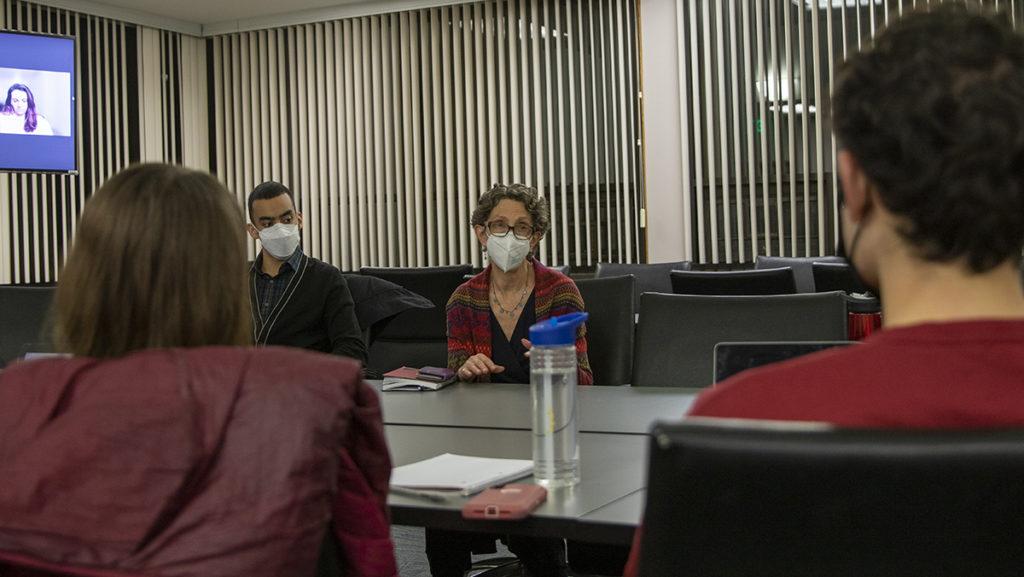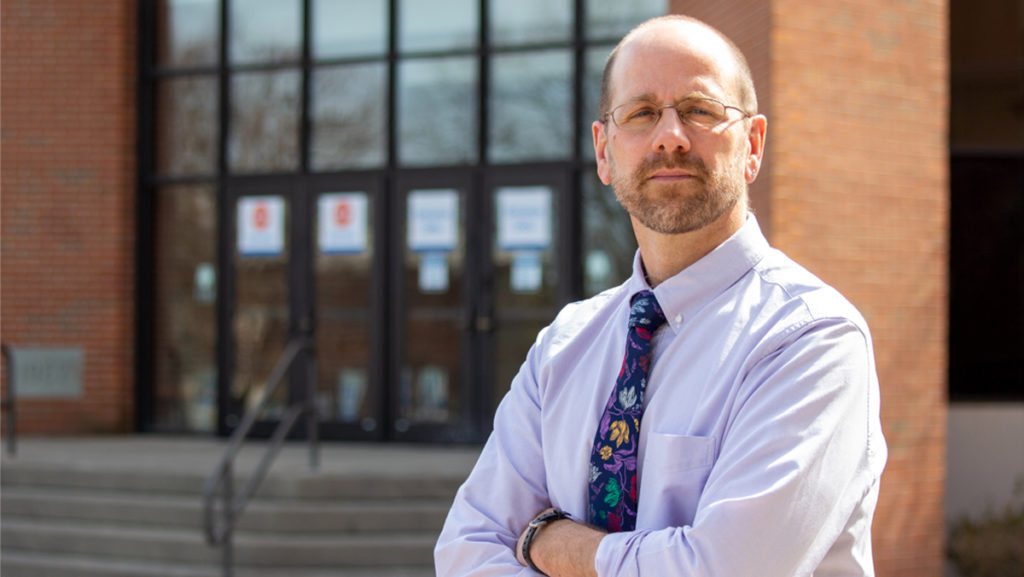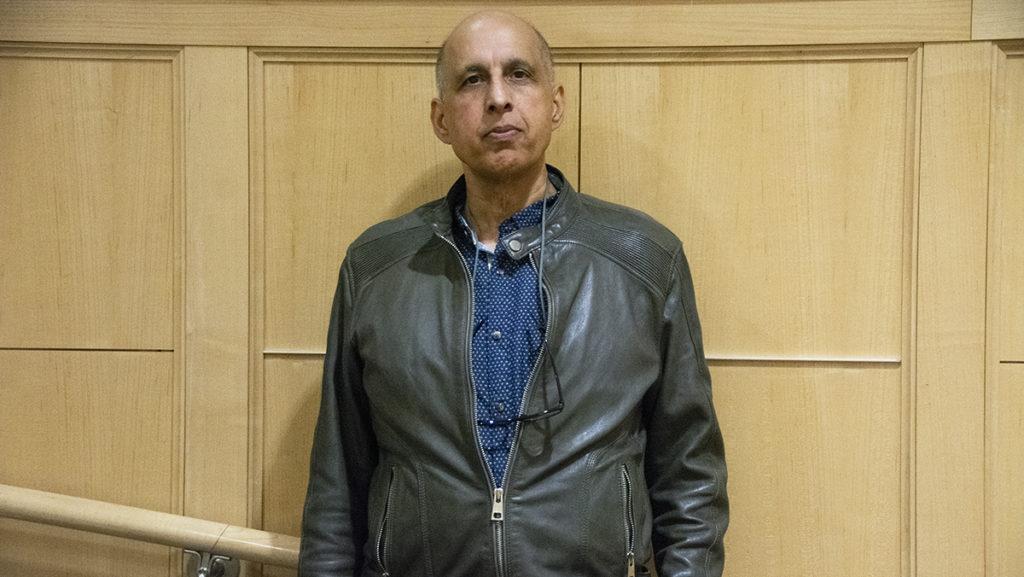- Ithaca College files motion to dismiss Title IX case claiming anti-LGBTQ+ environment
- Ithaca College to lower discount rate by 2028 as part of plan to decrease deficit
- IC hires new athletic director
- Ithaca College administration shares updates on enrollment and FY26 budget
- David Muir '95 surprises Class of 2025 graduates at Commencement
- Ithacan Tries: Ultimate Frisbee
- NEA grant cancellations hit local arts spaces in Ithaca
- Liberty League leaves baseball and softball on roller coaster of emotions
- Ithaca College professor files Title IX lawsuit claiming anti-LGBTQ+ environment
- Faculty Council elects new executive committee and discusses enrollment
64°
Ithaca, NY


